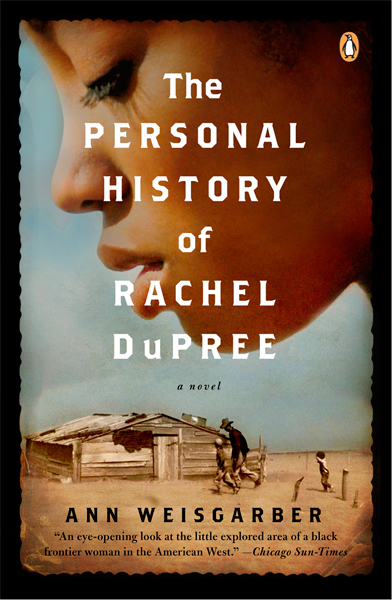The Power of the First Paragraph
 The fate of a novel depends on the first paragraph. It’s got to snap its fingers in readers’ faces, shake them by the shoulders, and spark a fire so high that they leap into the second paragraph. Anything less, and most readers will slam the book shut and turn on the television.
The fate of a novel depends on the first paragraph. It’s got to snap its fingers in readers’ faces, shake them by the shoulders, and spark a fire so high that they leap into the second paragraph. Anything less, and most readers will slam the book shut and turn on the television.
For a writer, that’s pressure. I lost sleep trying to come up with a snappy first paragraph for The Personal History of Rachel Dupree. I also worried about fulfilling the other important requirements of the first paragraph which include anchoring readers to person, place, time, tone and to the book’s underlining conflict. Sound impossible? Not if you’re Eliza Graham. Look at how well she accomplishes all of this in the opening of her novel, Playing with the Moon. She begins the first chapter with a heading that leads right into the paragraph:
Minna
Our second wedding anniversary. I’m about to tell Tom our marriage is over when he spots something in the sand.
THE HOOK
That paragraph got my attention, and I bet it got yours. This couple is in trouble, and the paragraph leaves us hanging. Does Minna tell Tom later? And just what is it that Tom spots in the sand?
There’s only one way to find out. Read on.
PERSON(S)
Notice how quickly Graham introduces two people and how much information we have about them. We know that Minna is telling the story so this is her version of events. Her husband is Tom. They’re probably relatively young since they’ve been married only two years. Without a word of description, images of these two people begin to take shape in our minds.
Consider how different our image of this couple would be if the story started with “Our thirtieth wedding anniversary.”
PLACE
The keyword here is sand, and that suggests a beach. Add all the s sounds in the phrase spots something in the sand, and readers unconsciously have the suggestion of the word seashore. Readers don’t know for sure if the setting is a beach, but that’s part of the allure of this paragraph. We read on to confirm our suspicion.
Just for fun, see how the pace changes when I take the liberty of adding a few more details about place to the paragraph.
Our second wedding anniversary. We’ve been spending the summer at the Dorset coast, and we’re taking a walk on the beach. I’m about to tell Tom our marriage is over when he spots something in the sand. I’ve overloaded the paragraph with too much information. It loses its zip.
TIME
The paragraph has a modern feel to it. I’m about to tell Tom our marriage is over… is a signal that Minna’s mind is made up. She isn’t begging or pleading, and that suggests she can support herself financially and emotionally. There is a sense that this story takes place now.
TONE
This is established in the first sentence: Our second wedding anniversary. As a short phrase, those four words are bittersweet and lonely.
CONFLICT
The author comes right to the point. This marriage is in trouble. Not only that, but I’m about to tell Tom our marriage is over… suggests that this is an announcement. There is no room for discussion. Tom, though, is paying so much attention to his surroundings that he might not realize that Minna is about to deliver bad news. He might not even know that his marriage is in trouble.
Just when Minna is about to speak, Tom spots something. We don’t know what it is, but it’s big enough to stop Minna. It might even be so important that the rest of the novel hinges on the discovery.
Notice how Graham heightens the tension by not telling us what Tom spots. Like him, we want to take a closer look at thesomething. We read on, and that is exactly want the author wants us to do.
***
Just twenty-one words, and Graham has not only got us hooked, but we’re anchored into the story. We have images of Minna and Tom. They’re young, on a beach, and Minna wants to leave Tom. Then, all at once, something important is discovered in the sand.
Just twenty-one words, and we have said good-bye to our own worlds and are now in the center of Minna’s. We read on.
That’s the power of the first paragraph.
(Eliza Graham is the author of Playing with the Moon and Restitution. To learn more about her novels, seewww.panmacmillan.com)
More Writings

